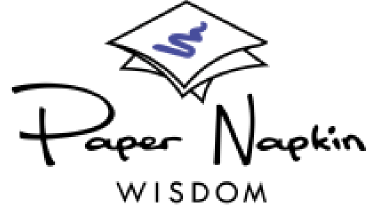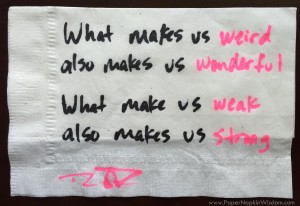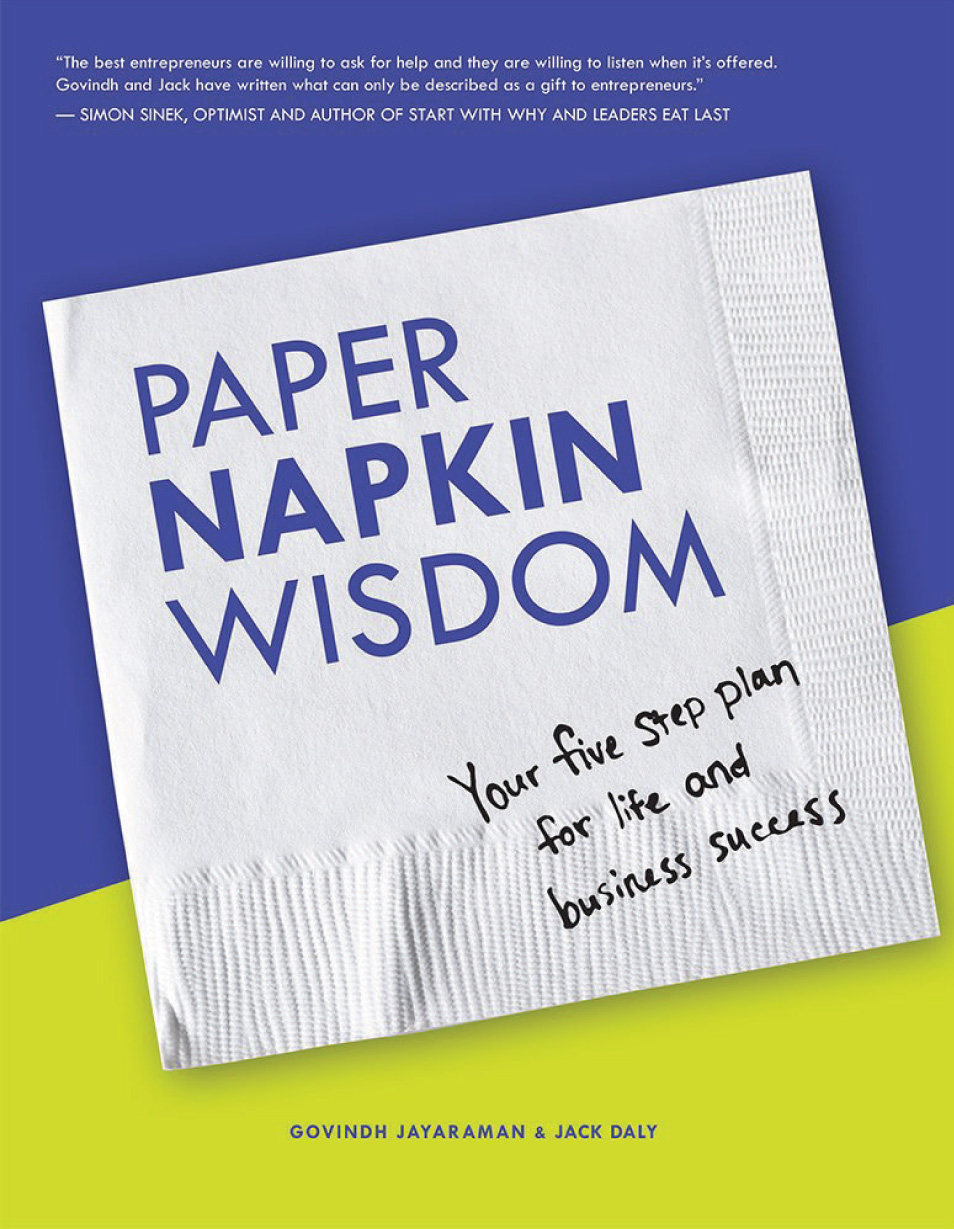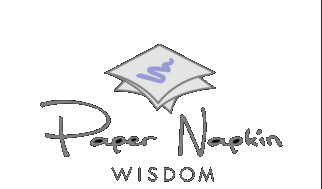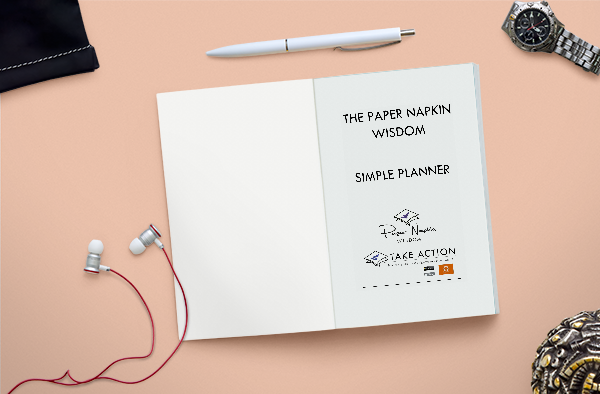Weak = Strong – Dave Rendall (Entrepreneur, Author Speaker)
Dave Rendall is an entrepreneur who has worn many hats during his professional career, which started when he was very young. All told, he has delivered newspapers, been a stock boy, lawn boy, caddie, painter, janitor, tutor, resident assistant, job coach, supervisor, nonprofit manager, and senior executive. Just to spice things up, he also has experience as a leadership professor, stand-up comedian, and endurance athlete. Drawing from this vast array of experience, Dave’s contribution to Paper Napkin Wisdom is rooted in reality: “What makes us weird, makes us wonderful. What makes us weak, also makes us strong.”
[Tweet ““What makes us weird, makes us wonderful. What makes us weak, also makes us strong.””]
The common social reaction to uniqueness is one that nearly every teenage kid experiences at least once: rejection. Weirdness has a negative connotation; the word “unusual” is usually meant as a criticism. The resistance once receives for being weird is a push to be more conventional; to fit in. Robert Quinn once observed: “Deviants will always generate external pressures to conform when you perform beyond the norms, the systems will adjust and try to make you normal.”
It has been Dave’s experience, however, that the things that make you weird will also make you successful and remarkable. Those who are perceived to be weak may actually be quite strong. This perspective comes from Dave’s time working with people with disabilities (and specifically, helping them find employment). While it was common for others to focus on someone’s perceived disability, Dave explains that it takes a true genius to identify what’s working and what’s effective.
Dyslexia is a condition that provides a perfect example in the world of entrepreneurship. One study revealed that more than 50% of British millionaires were dyslexic, while another showed that at least 33% of entrepreneurs in the U.S. also have the condition. One person who fits into both categories is Richard Branson, who claims that his dyslexia has helped him to succeed. The logical conclusion: people with the condition don’t have weak or broken brains, they just have different brains. Paul Orfalea, founder of Kinkos, would likely agree; his dyslexia drove him to stay out of the office, improve his management style, and grow his business. Upon selling to FedEx for $2.4B, he claimed that not only would he not want to remove his condition, he wishes everyone could have it.
[Tweet “Paul Orfalea, founder of Kinkos, would likely agree; his dyslexia drove him to stay out of the office, improve his management style, and grow his business.”]
As with most entrepreneurial endeavors, there is a powerful analogy that comes from the sports world. Matt Stutzman is a competitive archer who won the silver medal at the Paralympic Games, all without arms. Matt says that he developed this incredible skill as a result of his disability by fine-tuning his core muscles and legs to the point of athletic superiority. He is even now facing legal action from those who claim that his condition gives him an “unfair advantage.” So perhaps the question you can ask yourself is: if someone without arms can be seen as having an “unfair advantage”, then is the weakness you face as an entrepreneur or as a leader really as strong as you think?
In Dave’s experience, there is always someone that is “weird” the same way you are, who would not see you as weird, but as wonderful. It’s about finding the right fit and the best situations where your perceived weirdness works for you. Dave is a 6’6” man, so he already stands out – yet he regularly wears pink shoes and pink pants as an homage to his three daughters. A side effect to this is that it helps him stand out even more (i.e. be more memorable) – for a professional speaker in a crowded marketplace, this becomes a clear advantage.
[Tweet “If you’re able to differentiate yourself into true uniqueness, then there is no competition.”]
In a business sense, to be different requires doing things that are weird and unusual, but most businesses measure themselves against competition standards or parameters. Everyone measures success in the same way. True success, however, lives in having the courage to be weird and think differently in order to separate yourself and define success in a unique way. If you’re able to differentiate yourself into true uniqueness, then there is no competition.
Paper Napkin Wisdom: Your Five-Step Guide to Life and Business Success
The Paper Napkin Wisdom book is an amalgam of knowledge extracted from some the world’s most successful leaders and CEOs. Forged by two Sages of Success with a passion for helping others reach their full potential, the book has served as a guide for anyone on the quest for more. Govindh Jayaraman and Jack Daly have worked tirelessly to compile the musings, failures, and lessons of the world’s top performers
What they found were five common traits among the people they interviewed.
Paper Napkin Wisdom condenses virtually every lesson you need to know to replicate and produce your own vision of triumph. The book will challenge you to identify your own patterns and the blockages holding you back from your best life. Those who are ready to take themselves on will embark on a 52-week journey that will change their lives and levels of prosperity.
If you want to be a stronger leader, run a profitable business, or serve your family and community in a meaningful way, the juicy tidbits and chunky takeaways within these pages can get you on the path.
Get inspired.
Look inward.
Take Action.
You’ll be glad you did.
